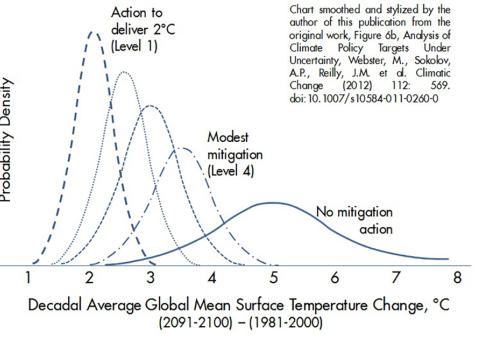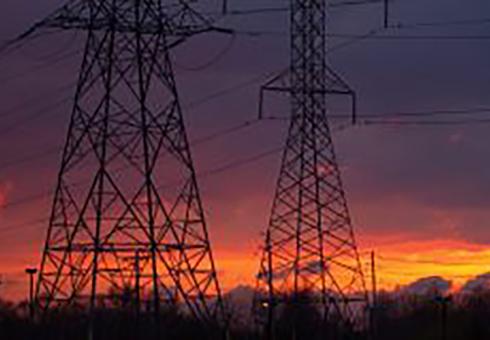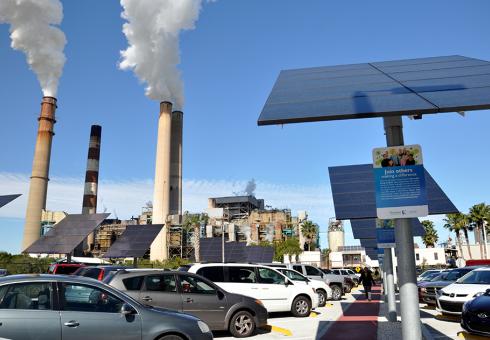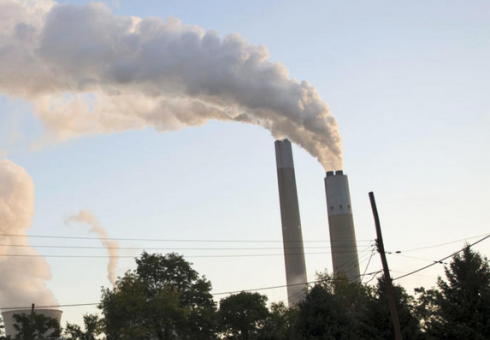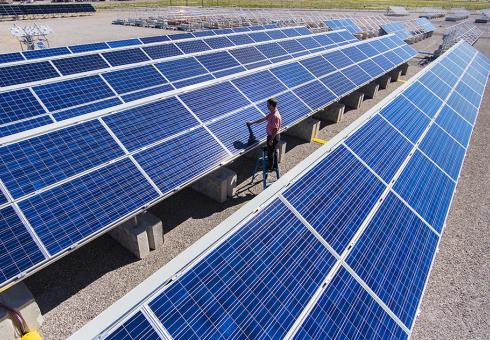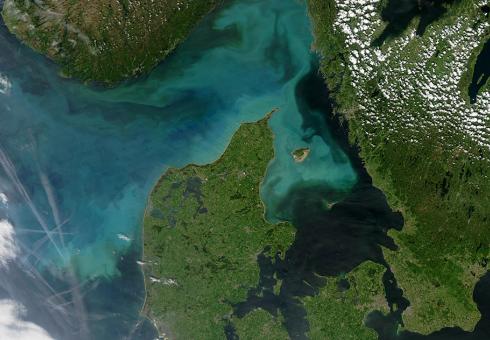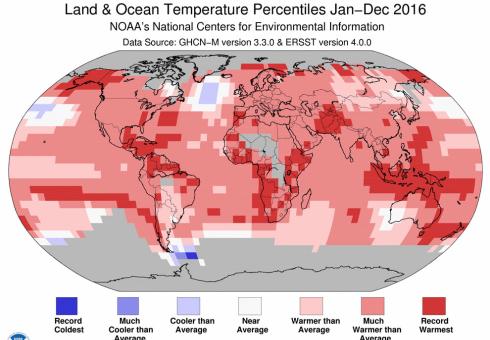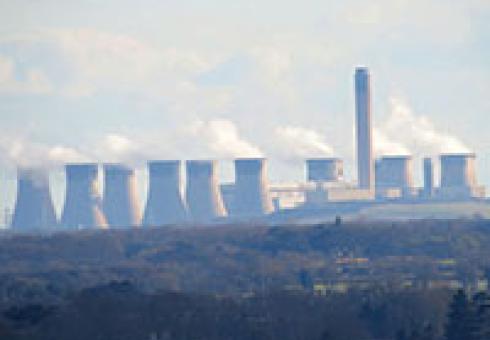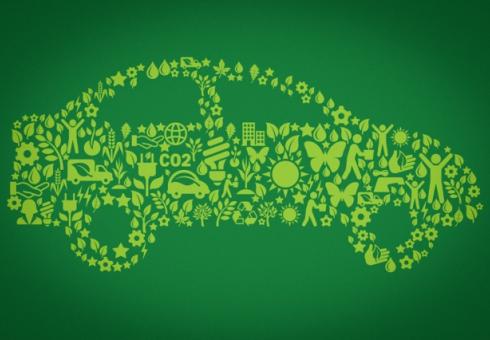Additional Coverage: CNN (6:40 - 9:34), Politifact, Washington Post, Scientific American
News and Outreach: John Reilly
MIT Joint Program research has "demonstrated that even a modest attempt to mitigate emissions could profoundly affect the risk profile for equilibrium surface temperature"
A forthcoming book by MIT Joint Program sponsor representative David Hone, Putting the Genie Back: Solving the Climate and Energy Dilemma, draws on MIT Joint Program research on climate probability and uncertainty.
OurEnergyPolicy.org features online discussion based on MIT Joint Program Research Scientist Jennifer Morris's Energy Journal paper "Hedging Strategies: Electricity Investment Decisions under Policy Uncertainty."
1. Is it appropriate for investors to hedge against market exposure by placing capital into technologies that result in cleaner burning fossil generation?
2. Will private and public investors accept the risk and continue on a path of cheap fossil fuels, or increase holdings toward the 20-30 percent non-carbon source allocation?
Why it’s prudent to invest in carbon-free electricity now
The President’s latest executive order would scrap regulations critical to addressing climate change. But would it also, as he promises, put miners “back to work”? John Reilly and Noelle Selin comment on the latest developments.
"An innovative corporate America, along with the rest of the nation, can benefit from developing low-carbon technologies and other greenhouse gas-reducing options," says MIT Joint Program Co-Director John Reilly.
New website showcases the MIT Joint Program’s expanded research portfolio
Popular Science: MIT Joint Program Co-Director John Reilly comments on NASA/NOAA announcement
Regulatory loophole allows wood energy to count as carbon neutral, when it’s often worse for the climate than burning coal. MIT Joint Program Co-Director John Reilly comments.
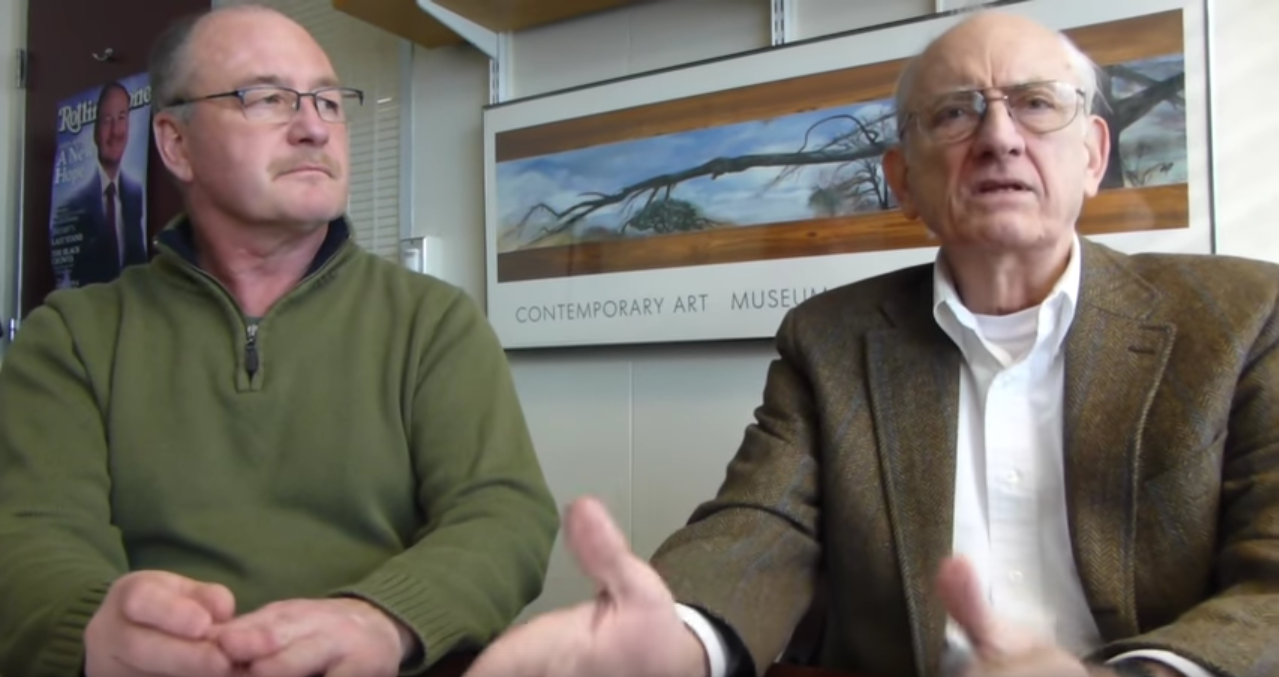
Two veteran environmental economists at MIT, John Reilly (left) and Henry "Jake" Jacoby, briefly outline a couple of the most important, and least appreciated, facts about human-driven climate change. One is that the system has enormous inertia, preventing any quick fix.
Emissions trading would be more effective than mileage standards, new study shows
As the European Union contemplates new policies aimed at meeting its emissions-reduction commitments under last year’s Paris Agreement on climate change, a new study by researchers at MIT and elsewhere could provide some valuable guidance on the most effective strategy.


